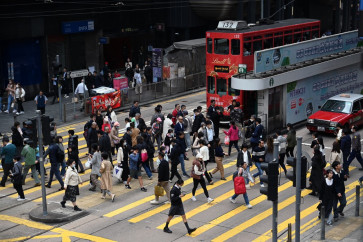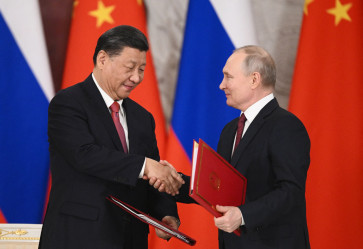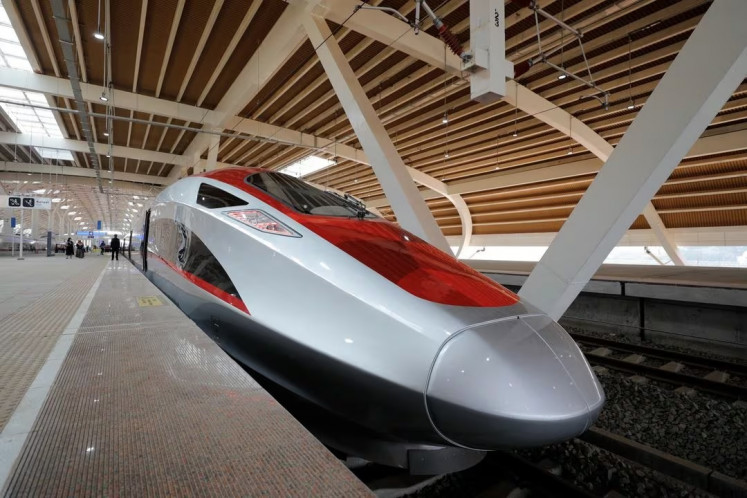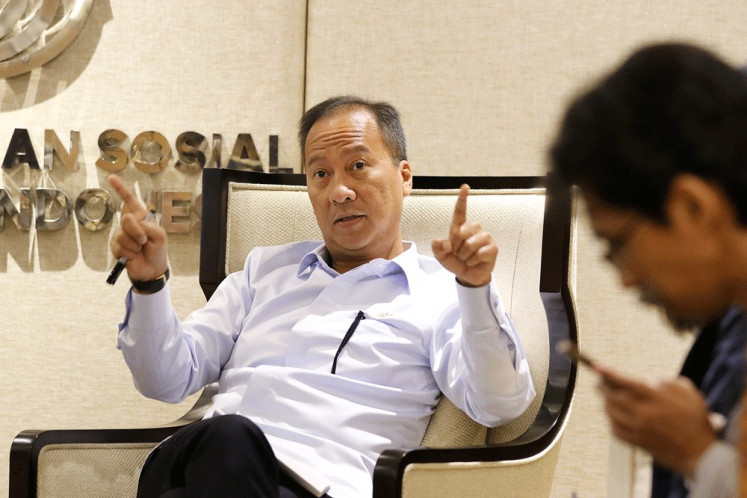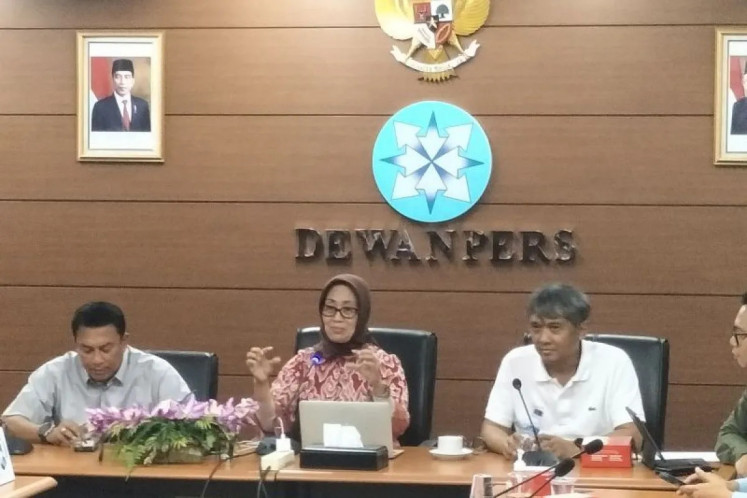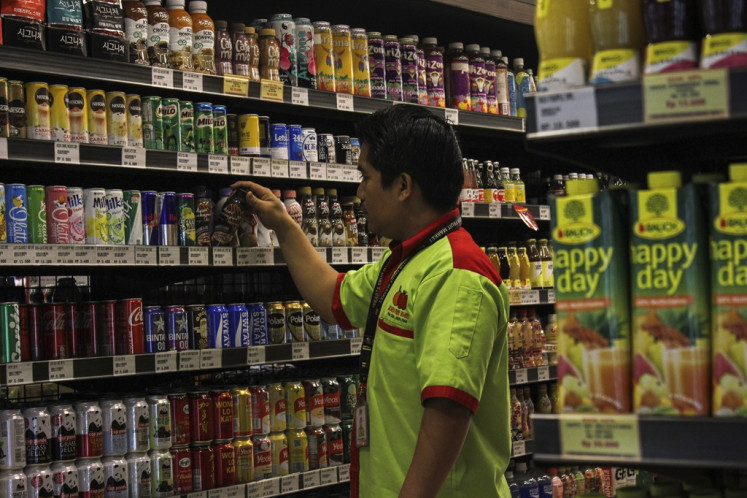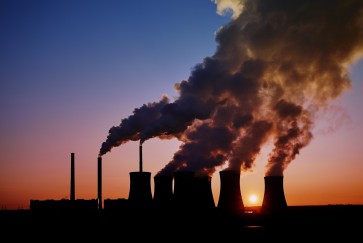Carbon pricing and Indonesia’s exports
To put it simply, greenhouse gas emissions have a cost, and companies should pay this cost.
Change Size
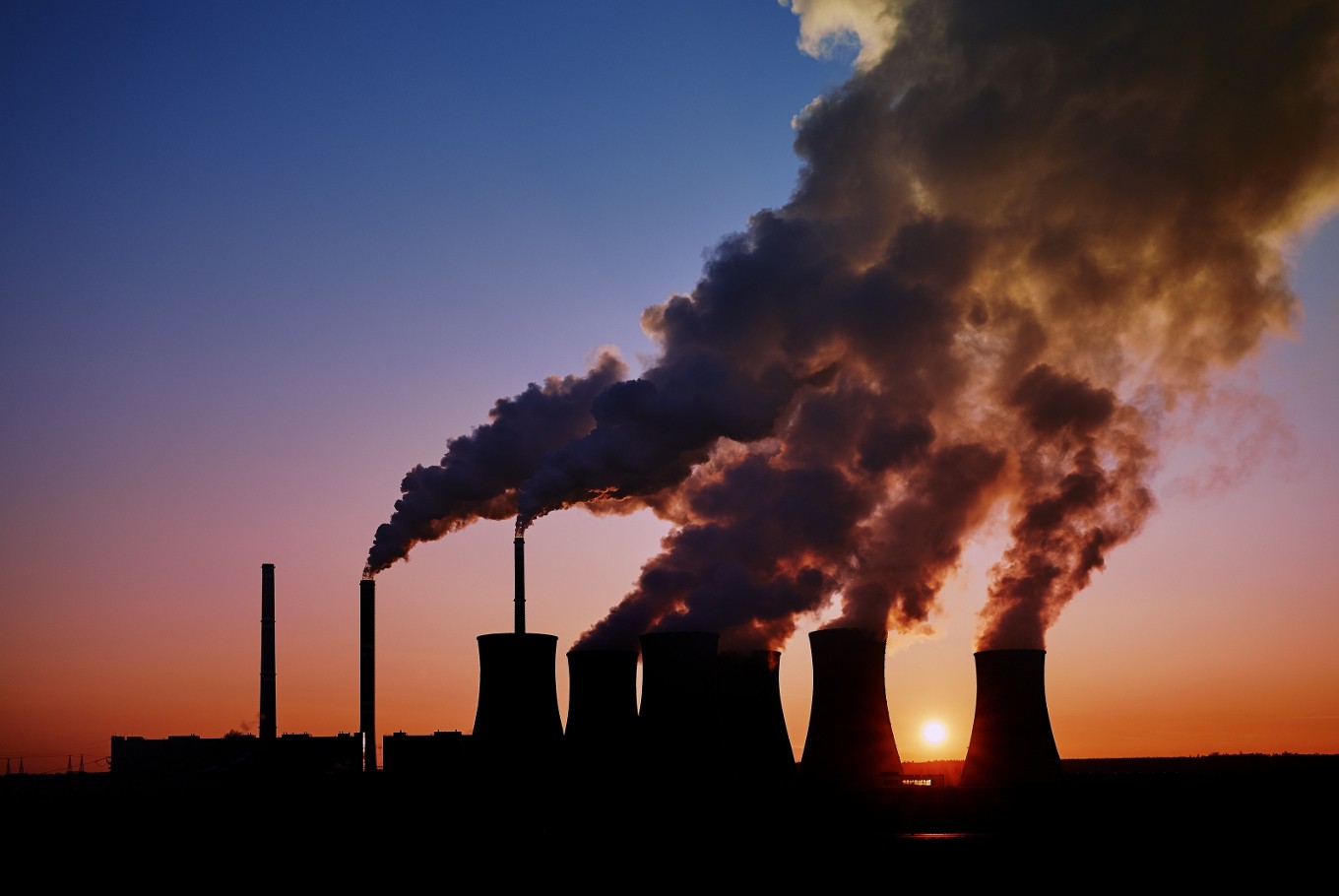 A world that heats up beyond the threshold will face a crescendo of devastating impacts, ranging from deadly heatwaves to mass migration caused by rising seas, experts warned in a commentary published in the science journal "Nature". (Shutterstock/File)
A world that heats up beyond the threshold will face a crescendo of devastating impacts, ranging from deadly heatwaves to mass migration caused by rising seas, experts warned in a commentary published in the science journal "Nature". (Shutterstock/File)
I
n the 1979 comedy science fiction masterpiece The Hitchhiker’s Guide to the Galaxy, one character manages to make his spaceship invisible, a hitherto impossible feat. When asked how he did it, he answered that he had hidden it with a “Somebody Else’s Problem” (SEP) field.
“Our brain doesn't let us see because we think that it's somebody else's problem.”
For over a quarter of a century since the 1992 Rio Earth Summit, climate change has been cloaked in a rather effective SEP field. But unprecedented floods, forest fires, heatwaves and droughts have pierced it. As the just-released report of the Intergovernmental Panel on Climate Change says, climate change is widespread, rapid and intensifying – and if has not yet come to a theater near you, it promises to arrive soon.
There are so many ways that climate change will affect our lives that it is understandable that one still seems hidden behind the SEP field: carbon trade barriers. Yet this consequence of the climate crisis needs to be understood by policymakers, in particular in a large country like Indonesia.
To put it simply, greenhouse gas emissions have a cost, and companies should pay this cost. If governments allow exporters to avoid payment, then this is an illegal subsidy, and importing countries have the right to impose countervailing import duties.
The European Union has already announced its new Carbon Border Adjustment Mechanism (CBAM) policy. Under this policy, each importer has to buy CBAM certificates at a price that is based on that of carbon credits in the commodity exchange’s weekly carbon allowances auction. Then, it has to declare the carbon emissions embedded in its imports and surrender the corresponding amount of CBAM certificates.
However, if the importer can prove that a carbon price has already been paid during the production of the imported goods, the corresponding amount can be deducted. Importers have to gather and report data starting in 2023, and the obligation to surrender CBAM certificates will become effective on Jan. 1, 2026.

